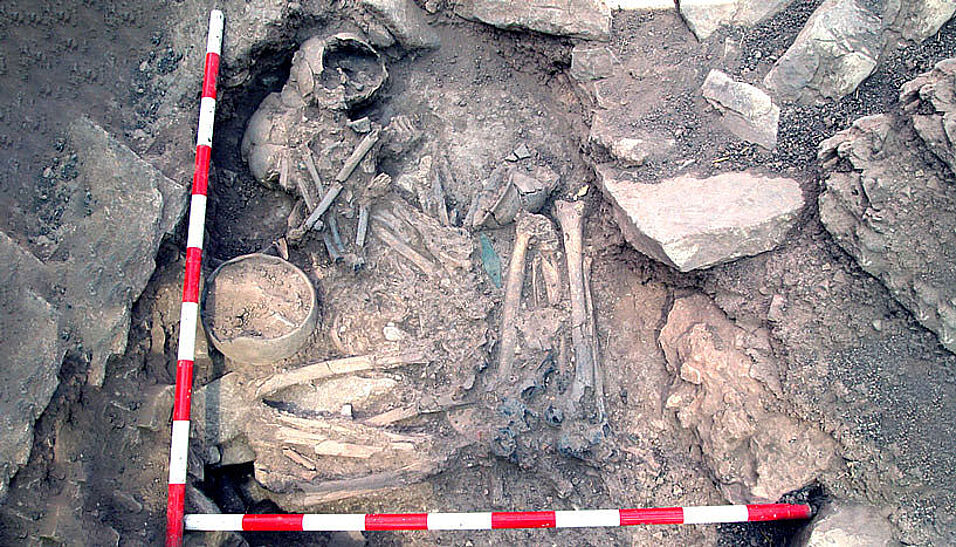Ancient DNA studies have begun to help us understand the genetic history and movements of people across the globe. Focusing on the Iberian Peninsula, a 111-person international team with participation of Ron Pinhasi from the Department of Evolutionary Anthropology report genome-wide data from 271 ancient individuals from Iberia (see the Perspective by Vander Linden). The findings provide a comprehensive genetic time transect of the region. Linguistics analysis and genetic analysis of archaeological human remains dating from about 7000 years ago to the present elucidate the genetic impact of prehistoric and historic migrations from Europe and North Africa.
Iñigo Olalde et al.: The genomic history of the Iberian Peninsula over the past 8000 years In: Science, DOI: 10.1126/science.aav4040

